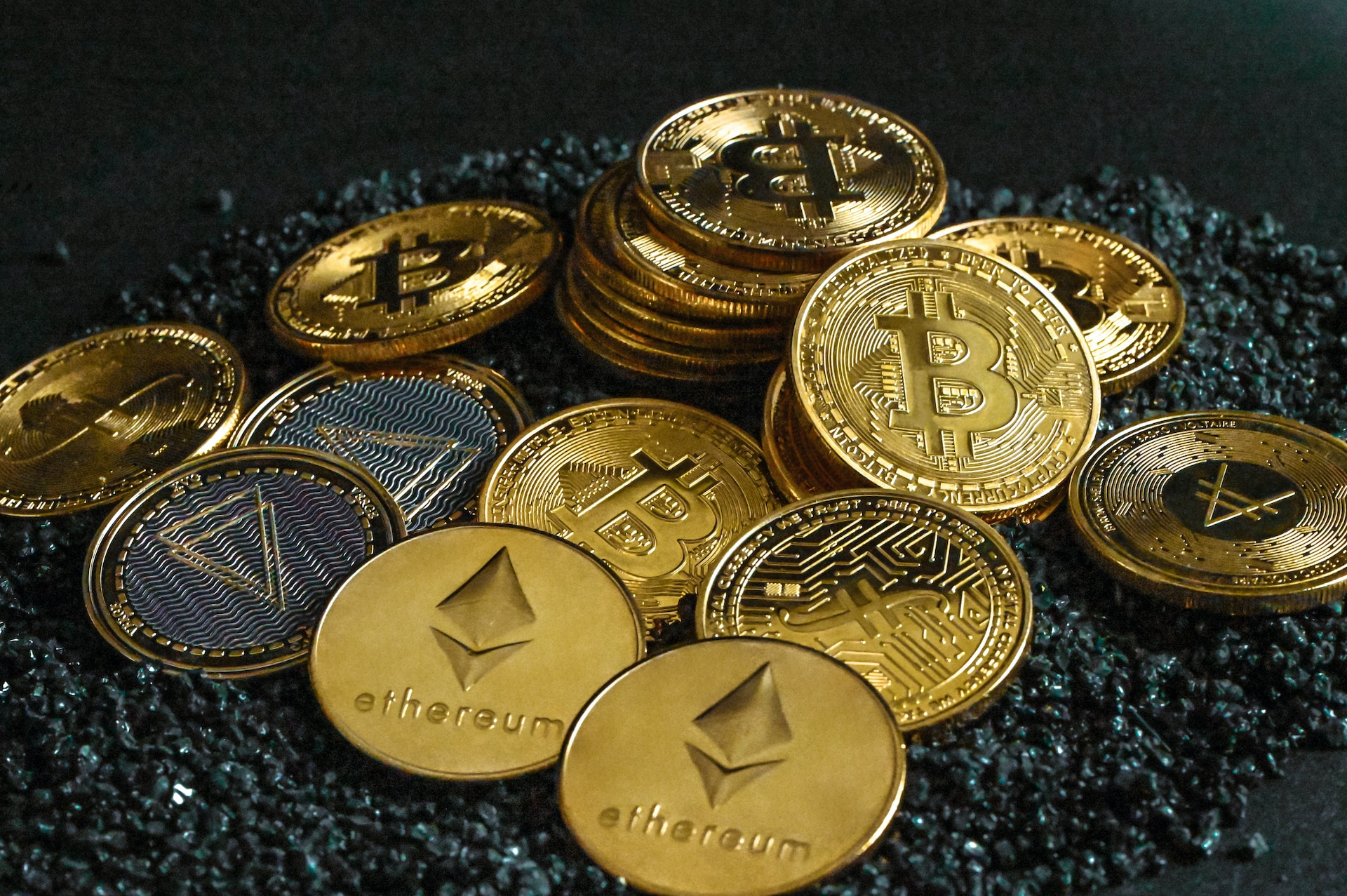KEY POINTS
- A recent report revealed that crypto ETF launches in Asia and the US helped drive the increase in traditional hedge funds’ exposure to crypto
- ‘The growing embrace of hedge funds is a major endorsement of the new asset class that can drive further adoption’: HAQQ Network’s Alex Malkov
- Asia is playing a major role in global crypto adoption, as proven in Chainalysis’ 2024 Global Crypto Adoption Index
- The region is struggling to get as much recognition as the west in terms of its role in global crypto adoption
Cryptocurrencies have come a long way since Bitcoin, the first digital currency, was introduced to the financial world, and in recent years, there has been an apparent increase in demand and interest for what many users call the future of money.
The growth of the crypto industry was further cemented in the Global Crypto Hedge Fund Report by PwC and the Alternative Investment Management Association (AIMA), wherein it was revealed that nearly half of hedge funds specializing in traditional asset classes now have a certain exposure to crypto.
In an exclusive with International Business Times, Alex Malkov, the co-founder of ethical blockchain HAQQ Network, discussed the emerging role of the Asian region in driving global crypto adoption.
Hedge Funds’ Exposure to Crypto Jumps This Year
In the report published earlier this month, PwC and AIMA revealed that 47% of traditional hedge funds are now exposed to digital currencies, up from 29% last year and 37% in 2022. Furthermore, a significant 67% of the hedge funds that invested in crypto are planning to maintain the same level of capital in their investments, while the remaining 33% are looking to invest more before the end of the year.
The report observed how the jump in this year’s exposure to crypto among traditional hedge funds was driven by the evolving regulatory landscape and the launch of spot crypto exchange-traded funds (ETFs) in the United States and Asia.
Just around three months after the U.S. approved spot Bitcoin ETFs, Asia’s first spot BTC and Ethereum (ETH) ETFs debuted in Hong Kong, marking a significant leap in the region’s move toward crypto exposure and engagement.
For Malkov, there is much to extract from the latest data. “The growing embrace of hedge funds is a major endorsement of the new asset class that can drive further adoption. Since hedge funds are primarily profit- and cash-flow-driven, with general competition in the industry, the remaining 53% that have yet to adopt crypto may do so within the next decade,” he said.
Asia Playing a Key Role in Global Crypto Adoption
Asia is fast-becoming an apparent major player in driving crypto adoption worldwide. Chainalysis’ 2024 Global Crypto Adoption Index revealed that this year, a total of five Asian countries made it to the Top 10. By comparison, Eastern Europe had two countries in the Top 10, while North America had just one, the U.S.
Malkov noted how the index highlighted 40% of global crypto trading emerging from the Asian region. “This proves that Asia is all out for crypto,” he said.
Indeed, several nations, such as India, Indonesia, Vietnam, Pakistan, and the Philippines, have shown increasing efforts in embracing crypto and driving activity in recent years.
Asia’s Struggle to Shine in the Global Stage
While recent reports reveal the significant role the region is playing in driving adoption, Asia is still struggling to get the same level of recognition for its efforts as other western regions are put on a pedestal.
Malkov noted that one of the reasons for such struggle is the lack of coverage. “Asian media are less known globally compared to their Western counterparts. With cryptocurrencies remaining largely volatile for the government, most have committed limited resources to cover crypto updates,” he said.
He reiterated that crypto-centric outlets do cover as many crypto updates as they can, but with their limited reach, such media outlets currently can’t adequately represent the many industry events and developments.
Also, general coverage of crypto in the early days has been skeptical. Some Western mainstream media outlets, such as Bloomberg, Forbes, and CNBC, have been evolving their perception of the crypto ecosystem as the industry also evolved. Their global reach has, in a way, helped improve outlooks on crypto, Malkov said.
Aside from inadequate reach and coverage, Asia’s crypto space is also faced with mass adoption issues, as other regions are.
The biggest challenge is “regulatory disparity,” Malkov said. He pointed out how crypto investment guidelines vary across the region. For instance, Singapore is notably more developed. There’s also India and Vietnam, which have complicated regulatory landscapes, he added.
“The regulatory disparity also impacts the tax levied on traders across the board. Many are discouraged from entering the space because of India’s 30% tax on crypto offerings. In fact, 60% of investors in India are still determining whether to adopt crypto with conflicting stances from the government,” he said.
Regulation is one thing, and insecurity is another, Malkov said. For many consumers, the crypto space is still viewed as an industry that lacks security. “The incidence of hacks and exchange breaches like those of Ronin Bridge, WazirX, and DMM Bitcoin have reduced some investors’ overall optimism,” he said.
“While many are pro-crypto in Asia, until these challenges are addressed, mass adoption might stall for much longer,” Malkov said.
Helping Asia’s Crypto Industry Reach Its Full Potential
Asia has always been open to development and innovation. The World Economic Forum (WEF) specifically highlighted in a report earlier this year how the 10-member Association of Southeast Asian Nations (ASEAN) have been hard at work in “building trust in its digital economy.”
As Asia continues to embrace innovative technology and bolster its digital economy, HAQQ Network is one of the many innovators helping drive crypto adoption in the region.
“We focus on ethical investments in the blockchain with strict adherence to Shariah values. Before launching the HAQQ Network, our research indicated there was a major drawback for Muslims globally to embrace crypto,” Malkov said.
However, products such as the Islamic Coin (ISLM) are helping Muslim communities worldwide and in Asia to participate in yield generation and stake their tokens in a Shariah-compliant way.
Notably, scholarly professional nonprofit the Association for Asian Studies said there are 15 countries in Asia “where the Muslim population is over 90 percent of each country’s total population,” including Pakistan, which is on Chainalysis’ Top 10 ranks in global crypto adoption.
Indonesia, which is third on Chainalysis’ ranks, is among the Asian countries with a Muslim community making up for some 80% of the total population.
HAQQ Network is capitalizing on the huge Muslim populations across the region through its ISLM token and other offerings such as customized debit cards, P2P lending, the Deenar (DEEN) stablecoin, and its HAQQ Wallet, which were all designed to meet the needs of its target customers in the region and around the world.







